LEARN MORE
JANUARY 2023
Stay safe and healthy this winter
When temperatures start to dip and icy winds begin to blow, will you be ready? Winter storms can be dangerous. But you can stay safe and healthy, whether your winter is snowy or steamy. Here are some practical suggestions to help you plan ahead.
Looking for more? Find other articles below
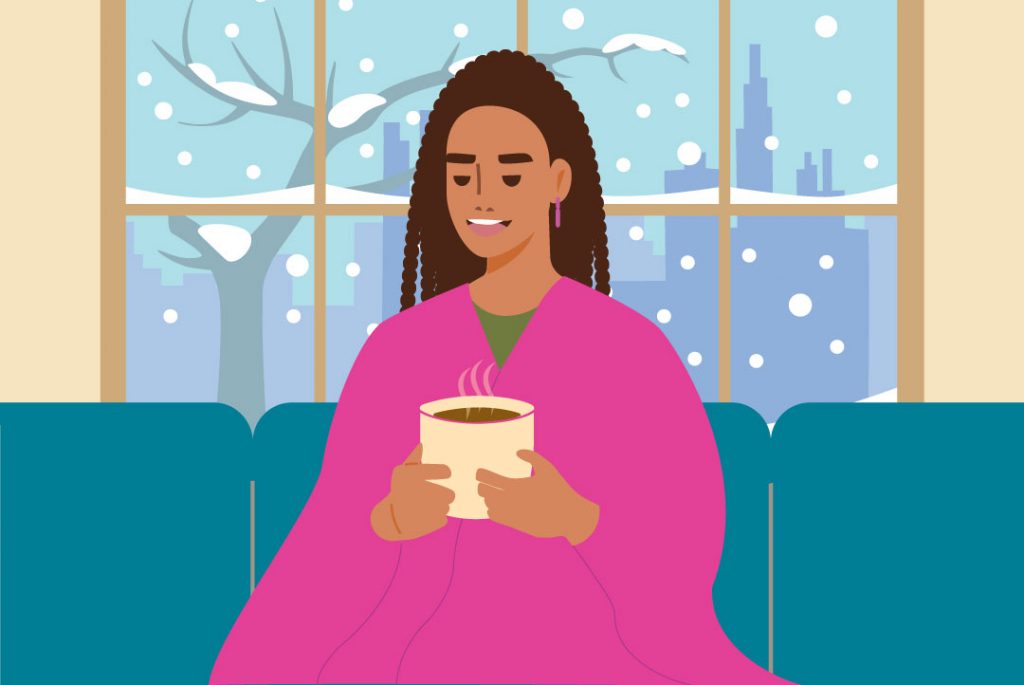
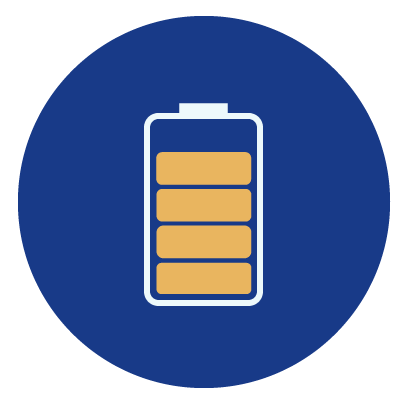
Prepare for emergencies
- Stock food that needs no cooking or refrigeration and store water in clean containers.
- Ensure that your cell phone is fully charged.
- When planning travel, be aware of current and forecasted weather conditions.
- Keep an up-to-date emergency kit in your home and car.

Take precautions outdoors
- Wear appropriate outdoor clothing: a tightly woven, preferably wind-resistant coat or jacket; inner layers of light, warm clothing; mittens or gloves; hat; scarf; and waterproof boots.
- Sprinkle cat litter or sand on icy patches.
- Work slowly when doing outside chores because your body is already working hard just to keep you warm.
- Take a buddy and an emergency kit when you’re participating in outdoor recreation.
- Carry a fully-charged cell phone.

Do this when you plan to travel
- Be aware of current and forecasted weather conditions.
- Avoid traveling when the National Weather Service has issued advisories.
- If you must travel, inform a friend or relative of your proposed route and expected time of arrival.
- Follow these safety rules if you become stranded in your vehicle.
- Make sure your vehicle is visible to rescuers and other drivers by turning on your hazard lights.
- Move anything you need from the trunk into the passenger area. Stay with your vehicle unless safety is no more than 100 yards away.
- Keep yourself warm.
- Stay awake and stay moving. You’ll be less vulnerable to cold-related health problems. As you sit, keep moving your arms and legs.
- Run the motor (and heater) for about 10 minutes per hour, opening one window slightly to let in air. Make sure snow is not blocking the exhaust pipe — this will reduce the risk of carbon monoxide (CO) poisoning.
Check on family and neighbors who are especially at risk from cold-weather hazards: young children, older adults and the chronically ill. If you have pets, bring them inside. If you can’t bring them inside, provide adequate, warm shelter and water to drink.
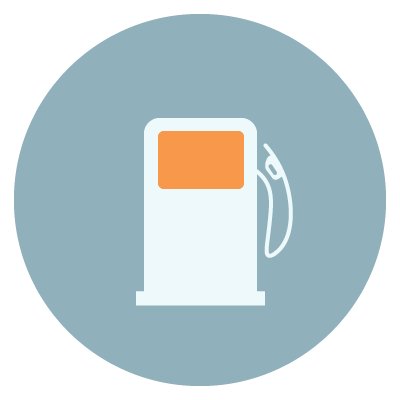
Prepare your vehicle
- Service the radiator and maintain the antifreeze level.
- Check your tire treads or, if necessary, replace tires with all-weather or snow tires.
- Keep the gas tank full to avoid ice in the tank and fuel lines.
- Use a wintertime formula in your windshield washer.
- Prepare a winter emergency kit to keep in your car in case you become stranded.
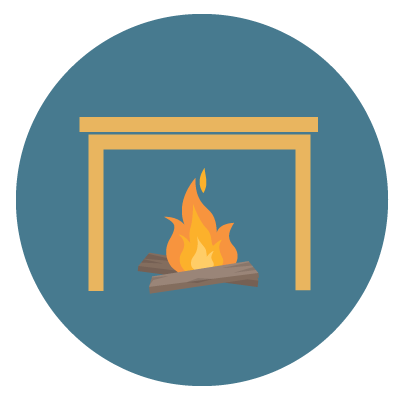
Prepare your home
- Install weather stripping, insulation and storm windows.
- Insulate water lines that run along exterior walls.
- Clean out gutters and repair roof leaks.
- Have your heating system serviced professionally to make sure it’s clean, working properly and ventilated to the outside.
- Inspect and clean fireplaces and chimneys.
- Have a safe alternate heating source and alternate fuels available.
- If you don’t have a working smoke detector, install one. Test batteries monthly and replace them twice a year.
- Prevent carbon monoxide (CO) poisoning emergencies.
- Install a CO detector to alert you of the presence of the deadly, odorless, colorless gas. Check or change the battery when you change your clocks in the fall and spring.
- Learn the symptoms of CO poisoning: headache, dizziness, weakness, upset stomach, vomiting, chest pain and confusion.

Here’s what Costco employees are saying about 98point6®:
“It was easy! And when someone is sick, it takes all their strength to get out of bed, dressed, to their car…”
98point6 gives you on-demand, text-based access to board-certified physicians, 24/7.
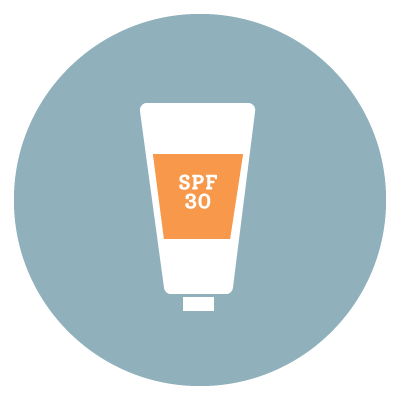
What if your winter is hot and sunny?
Even if your region is known for its year-round beach weather, you can still benefit from being prepared. Make sure you’re ready for tropical storms, hurricanes and power outages. And when you go to the beach, stay hydrated and take your sunscreen.
Source: Centers for Disease Control and Prevention (CDC). Stay safe and healthy in winter.
To learn more about staying safe and healthy during the winter months, and where to go when you do need medical care, see the resources below.

